What are the foods high in zinc?
Here are some of the richest sources of zinc:
1. Eggs
Eggs contain a nominal amount of zinc that helps you fulfil your daily target. Eggs are also a rich source of choline that people seldom get in other foodstuffs. A deficiency of choline may lead to fat and cholesterol buildup. It also helps to promote a healthy nervous system.
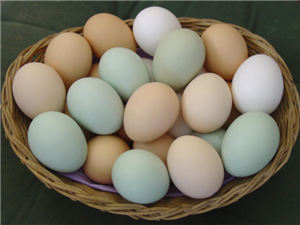
2. Wheat Germ
Wheat germ or sprouted wheat makes an excellent food option for a healthy diet. Wheat germ is a nutrient-rich food, containing B vitamins, phosphorus, zinc, iron, selenium, and potassium.
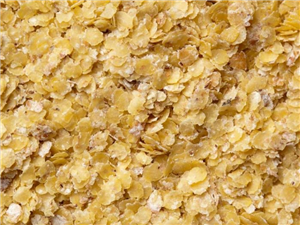
10 Impressive Benefits Of Apricot
3. Cereals
Fortified cereals are known to be the best option for receiving the daily requirement of vitamins and minerals. Bran, whole grain and multi-grain cereals are loaded with zinc and phytates which bind with the zinc to aid absorption of nutrients.
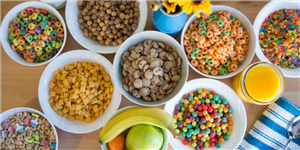
4. Garlic
Garlic is a herb widely used for flavoring purposes in cooking, and in medicine for years. It is also known for having moderate levels of naturally occurring zinc. Besides zinc, garlic has high levels of manganese, vitamin B6, vitamin C, and selenium.
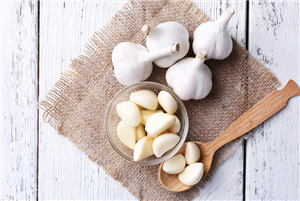
5. Meat
Specifically red meat is a rich source of zinc. You can find sufficient amounts of zinc in beef, pork and lamb too. The flesh is also a great source of protein, other nutrients such as magnesium, creatine and vitamin B and has limited fat content. Despite the healthy properties, meat can be dangerous if over consumed as it leads to the risk of heart diseases and cancer.
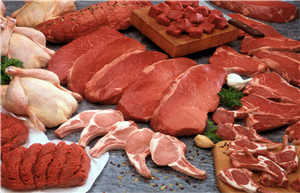
Read Also: 6 Surprising Benefits Of Angelica Herb For Skin, Hair And Health
6. Pumpkin Seeds
Most of us throw away pumpkin seeds. These seeds are an excellent source of zinc, a 100 gram serving of pumpkin seeds can fulfill the daily requirement of the mineral. To obtain the maximum amount of zinc, eat them raw.
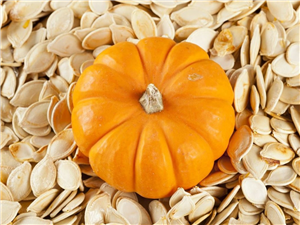
7. Sesame Seeds
Sesame seeds are also a great source of phytosterols, compounds that help lower cholesterol. Another compound in sesame seeds, called sesamin, helps balance hormones and boosts overall health. The seeds are also high in protein.
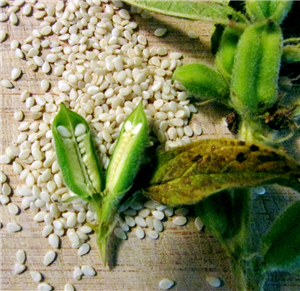
8. Dark Chocolate:
Perhaps surprisingly, dark chocolate has reasonable quantities of zinc in it.
In reality, a 70–85 per cent dark chocolate bar of 100 grams (3.5-ounces) contains 3.3 mg of zinc or 30% of the DV.
100 grams of dark chocolate, however, do produce 600 calories. So while it provides some healthy nutrients, it is a high-calorie food.
9. Shellfish like:
Shellfish like crabs, clams, lobsters and mussels are powerful sources of zinc that are prior included in the zinc-rich foods list. A serving of 6 oysters contains 76 mg of zinc that is almost seven times the daily allowance recommended of this mineral. Shellfish isn't easy to find. Since this is extraordinarily high in zinc, consuming it occasionally is advisable. Excess intake of zinc can lead to impaired immunity and difficulties in metabolizing other minerals.
10. Mushroom:
Mushroom also deserves special mention among the vegetables, due to its high zinc content. They are another wonder-rich, zinc-rich food. A cup serving of cooked white mushrooms contains zinc DV of 1.4 mg or 9 per cent. This is similar to spinach. If you don’t like spinach, you can replace it with mushroom to get the same amount of zinc.
Zinc-Rich Fruits
Generally, fruits do not produce abundant amounts of zinc but some fruits are the richest sources of this mineral.
Pomegranates top the list with one fresh pomegranate which provides 1 mg of zinc.
Avocados also have a high zinc content which provides 1.3 mg in one medium fruit.
Berries are good sources of zinc too. A cup of blackberries contains about 0.8 mg while each contains 0.5 mg of zinc for raspberries and loganberries. A cup dates serving contains 0.4 mg of zinc.
What are the benefits of zinc?
Zinc plays a role in several bodily functions, including:
Growth:
For physical growth and development people need zinc. Zinc deficiency can result in impaired growth in children and adolescents.
Immune System Function:
Our bodies use zinc to build immune system cells called T lymphocytes.
Enzyme Function:
Zinc plays a key role in the triggering of chemical reactions in the body. These include helping the body use folic acid and creating new proteins and DNA.
Eye Health:
Zinc deficiency can contribute to the development of eye conditions, including macular degeneration.
Wound Healing:
Zinc helps promote healthy skin and mucous membranes, which boosts wound healing.



 Contact Us
Contact Us






 Hospitals
Hospitals
 Doctors
Doctors
 Diagnostic
Diagnostic
 Pharmacy
Pharmacy
 Health Tips
Health Tips
 Blog
Blog










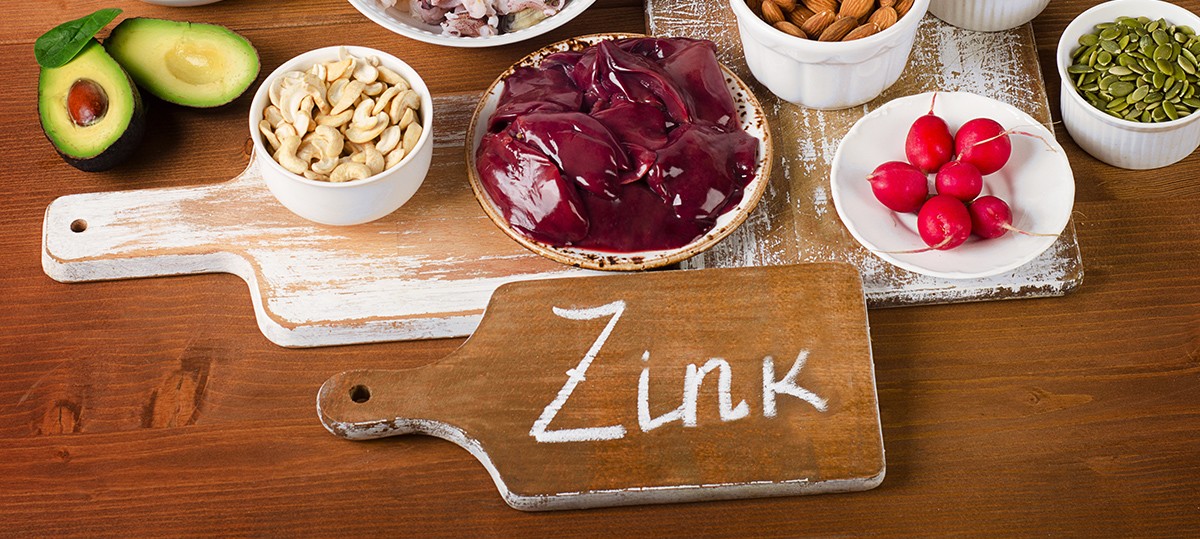













Comments